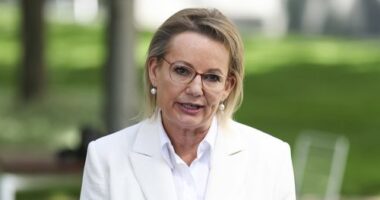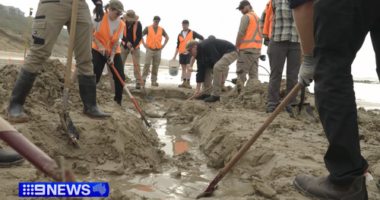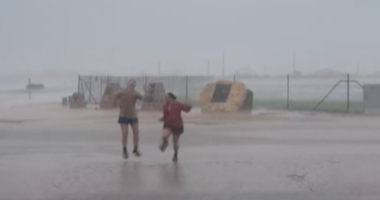Share this @internewscast.com
“It was impossible for the councillor and staff to speak without disruptions from the opponents,” Lockwood recounted.
Save Marrickville is included in the Better Future Coalition, which consists of inner-west resident collectives supporting the ‘Better in my backyard’ or BIMBY stance, emphasizing suitable scale and density in developments along with genuine community consultations.
Lockwood said around 60 members of the Sydney YIMBY community were at the vote.
“So, we were really happy with how many people turned out and the excitement that there was, despite the opposition.”
Groundswell of community action
Many members of these organisations — and even their founders and leaders — have never taken part in any form of activism before.
This grassroots activism, capable of rapidly instigating changes locally, differs from broader movements such as climate change initiatives, which are tougher to enact on a smaller scale, O’Brien explained.
Margo Cashman, a market researcher and committee member of Save Dully, which promotes a “pragmatic and encouraging vision” for Dulwich Hill in Sydney’s inner-west, mentioned their group comprises everyday citizens with minimal activism background.
“I think that’s what we’re feeling in the community — it’s a thirst for knowledge and to keep up-to-date and be a good citizen.”
The NIMBY and YIMBY divide
Professor Awais Piracha, an urban planning expert from Western Sydney University, stated to SBS News that NIMBYs are often from wealthier, predominantly “white” neighborhoods, and their campaigning motives are less straightforward than those of YIMBY advocates.
Piracha said NIMBYs tend to be older groups of people who are better resourced and with time and money for activism, as compared to YIMBYs.
While some community groups might label themselves BIMBYs, Piracha largely dismisses the term, suggesting their demands for additional consultations or alternative council plans are merely tactics to delay the process.
‘Divisive’ language
“I also, on a personal level, never like calling people names and those terms are used in derogatory ways, which I don’t think helps.”
O’Brien also said he believes the animosity and name-calling between both sides of the housing argument is more pronounced in Sydney than in Melbourne, likely due to the fact that more money is involved.












